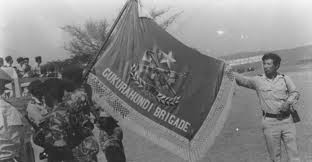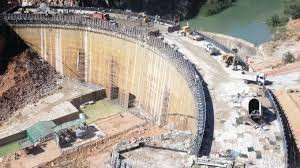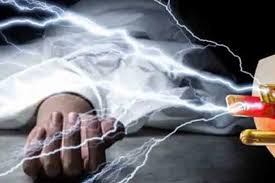
GOVERNMENT has been urged to protect victims and survivors of Gukurahundi when they give testimonies during public hearings to ensure the programme is credible and culminates in genuine healing and reconciliation.
The call was made by the Mthwakazi Republic Party (MRP) in response to reports that ordinary people, including victims, are barred from recording discussions during the hearings.
President Emmerson Mnangagwa appointed chiefs to lead the public hearings to address the emotive issue, which remains a dark chapter in the country’s history.
MRP leader Mqondisi Moyo said stopping attendees from recording proceedings created an atmosphere of fear as it suppressed the free exchange of ideas and manipulate the narrative.
He said this was in contravention of the Constitution of Zimbabwe, which guaranteed the right to freedom of expression, including freedom to hold opinions without interference, to receive and impart ideas and information without interference.
“The restrictions imposed by the chiefs constitute a clear infringement of these fundamental rights, undermining the rule of law and the principles of justice,” Moyo said in a statement.
“In this context, it is pertinent to emphasise that the protection of constitutional rights is essential to ensuring the integrity of any process purporting to address historical injustices or promote reconciliation.
“The blatant disregard for these rights demonstrated by the chiefs' actions raises serious concerns about the legitimacy and fairness of the proceedings.”
- Ziyambi’s Gukurahundi remarks revealing
- Giles Mutsekwa was a tough campaigner
- New law answers exhumations and reburials question in Zim
- Abducted tourists remembered
Keep Reading
Moyo cited the United Nations Convention on the Prevention and Punishment of the Crime of Genocide (1948), which emphasises the importance of protecting the rights of victims and holding perpetrators accountable.
“The current chiefs' court settings are a far cry of this standard, instead it serves as a mechanism to further traumatise and silence victims,” he said.
“By restricting victims' ability to express themselves freely, these hearings are doomed to fail in their purported objective of promoting healing and reconciliation.”
Moyo’s statement is copied to the Southern African Development Community, African Union, United Nations and other international stakeholders.








